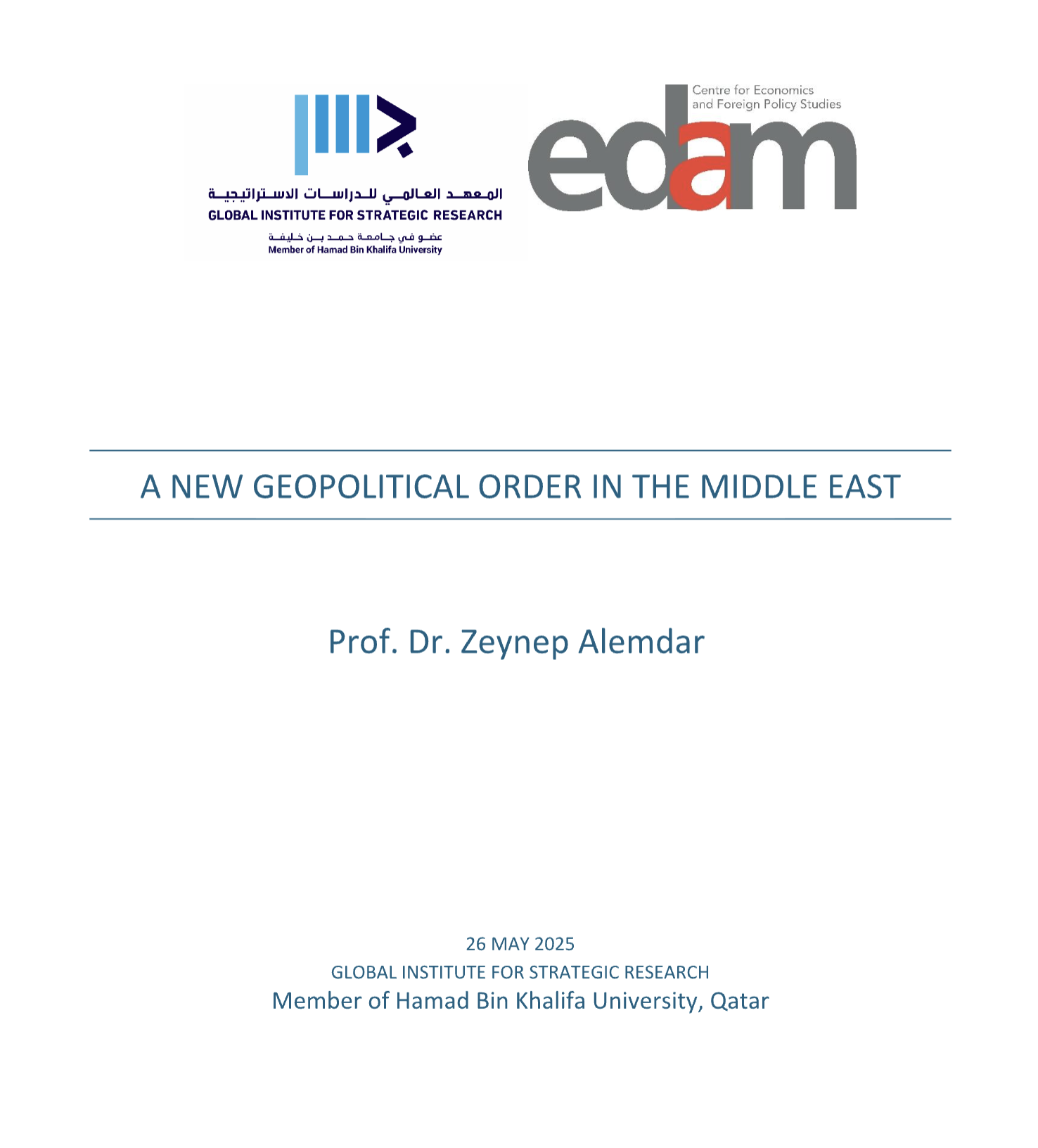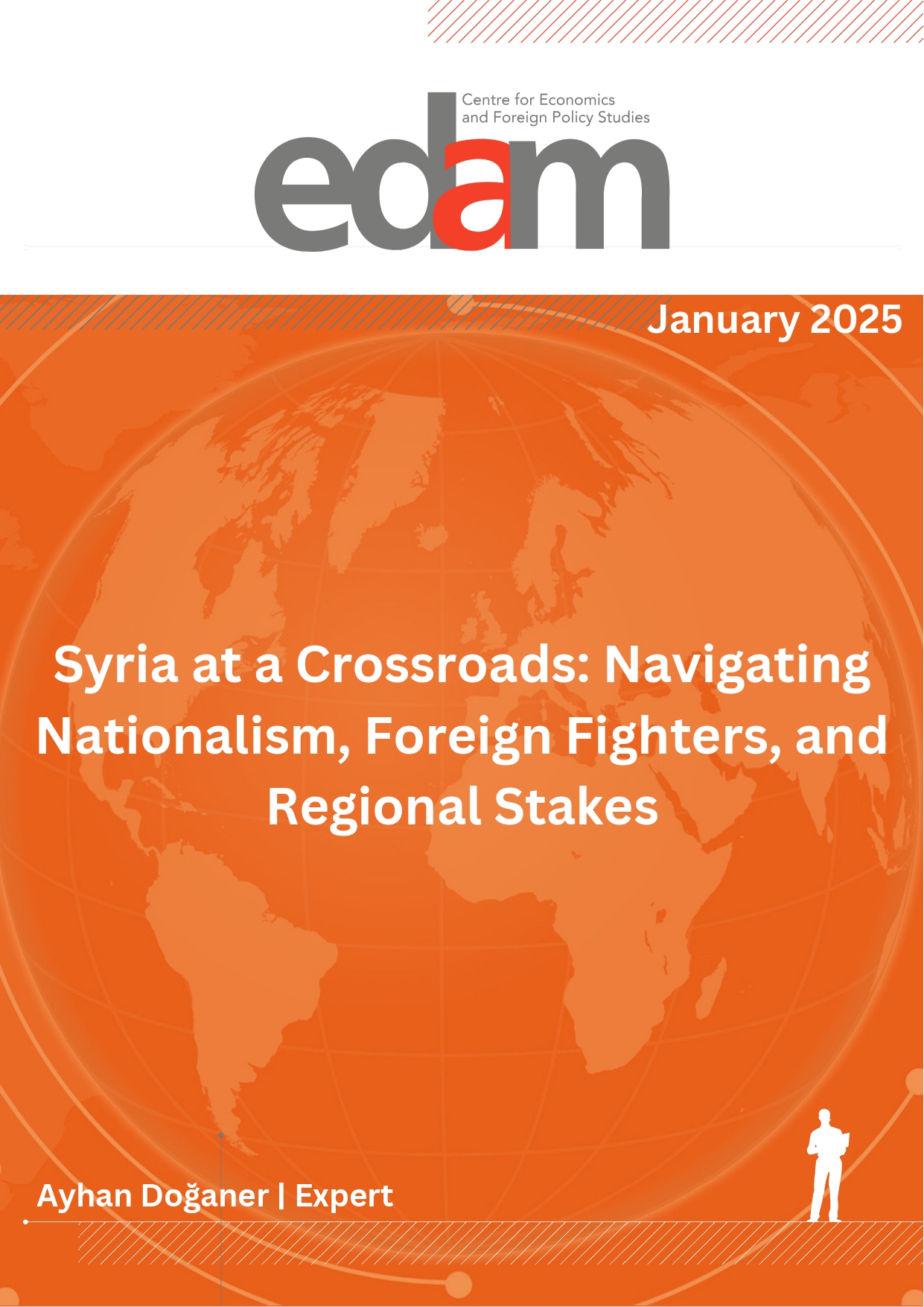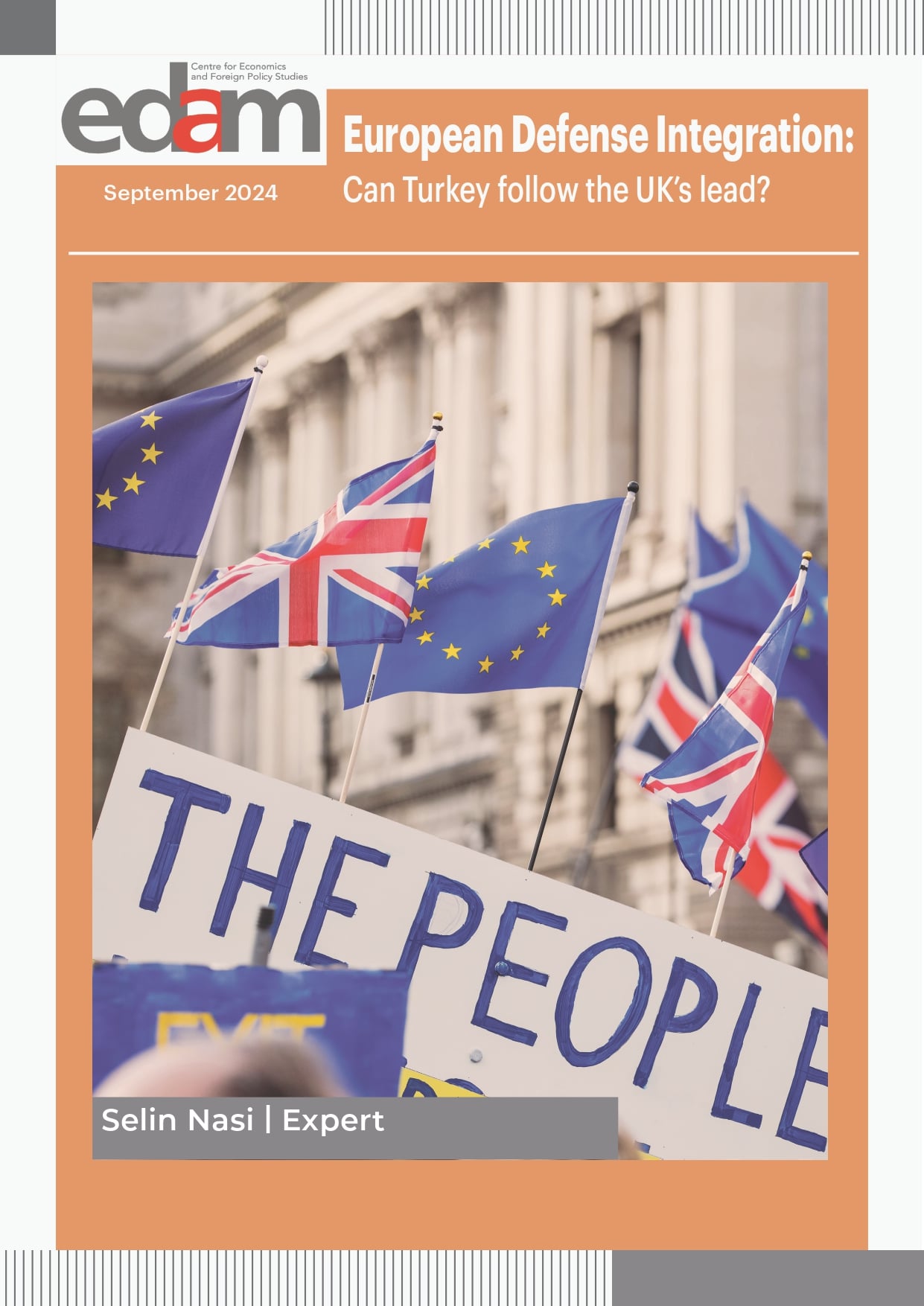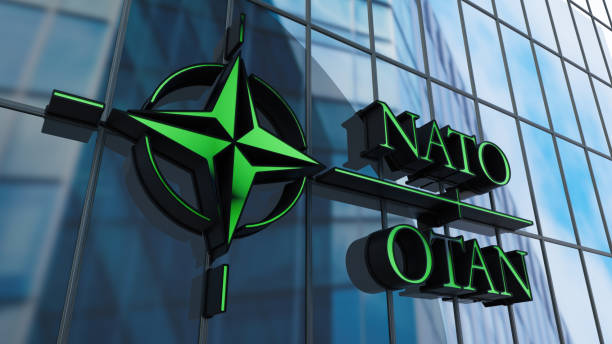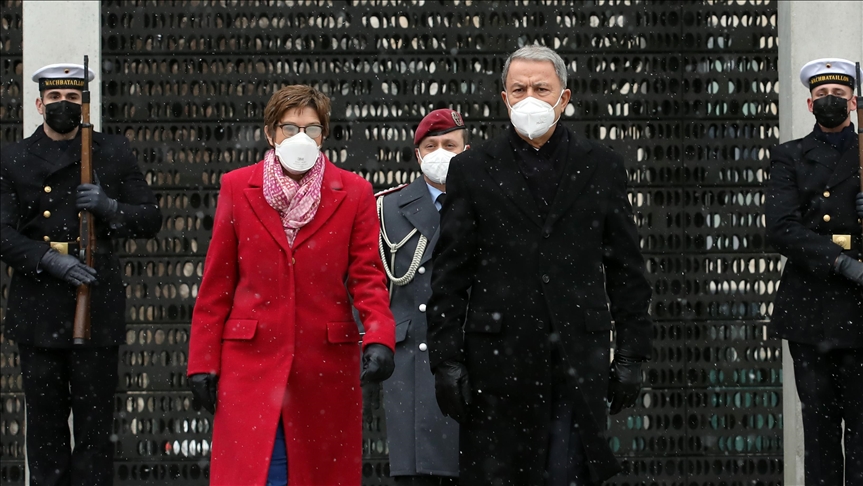
Turkish - German Strategic Ties in Context: Defense Cooperation and Political-Military Agenda of Bilateral Relations
Abstract
In times of the COVID-19 crisis and economic downturn, finding suitably sized markets for European arms exports becomes particularly important as a significant income generator. A NATO member, Turkey, looms large as an optimal buyer for European defense solutions with its increasing security needs, high defense spending, and ambitious military modernization agenda. At present, Turkish indigenous capabilities account for approximately 65 percent of the Turkish Armed Forces’ warfighting arsenal – albeit the nation’s system and sub-system reliance continues. The Turkish – German defense cooperation has an enormous significance as to the Turkish military capabilities, especially in submarine warfare. Our findings showcase that while Germany will witness a downtrend in land warfare systems – related to Turkey’s indigenous platforms entering in service, the Turkish Navy will still need Germany’s exports. When it comes to air warfare and air defense systems, the BAE Systems and EUROSAM remain Turkey’s top two European partners, leaving little room to the German arms sector. Nevertheless, at a time of Countering America’s Adversaries Through Sanctions Act (CAATSA) times stemming from the US, the European angle of Turkey’s defense eco-system remains of utmost importance. Even though Germany was critical of Turkey’s Operation Spring Shield and Operation Peace Spring, along with other political problems between the two nations, it needs to maintain its interests as a rising arms exporter and a NATO-member country with strong strategic interests tied to Turkey’s military policy. Therefore, the German arms restrictions on Turkey are destined to remain short-lived.
